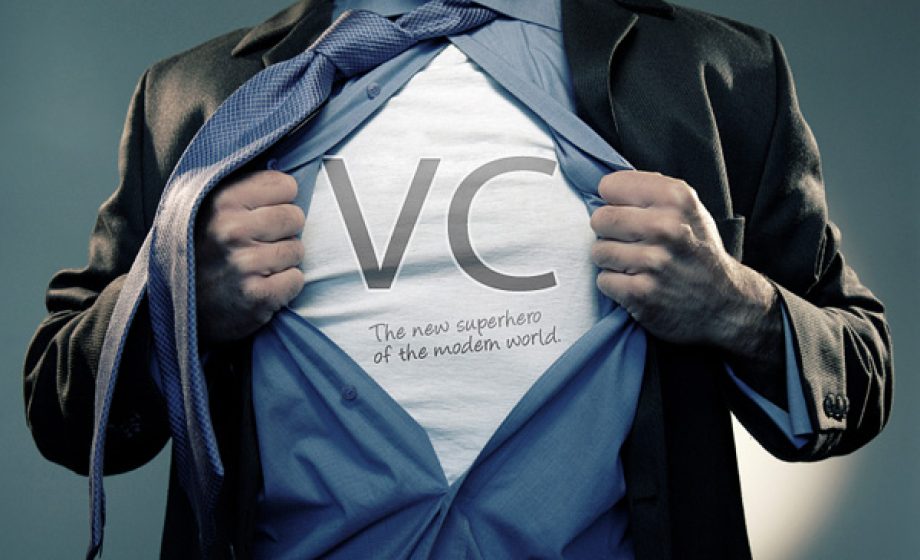
The following article has been contributed anonymously by someone very intimately involved with the French Startup and VC ecosystem. I have agreed to let them leave their name off the piece, as I agree with their sentiments and am willing to stand behind them.
French entrepreneurs are seeking to raise money abroad when it’s about finding more than 15 million euros. Just look at the latest Deezer, Fotolia and Criteo deals. It seems like French Internet VCs are tired of investing in late stage financing rounds. During 2012 the average value of Internet deals was around 3.5 million euros according to JDN, surprisingly very low and even lower considering that later-stage round of financing in the French ecosystem were mainly led by foreign VCs. Does that mean that French VCs are done with late stage? Or did French VCs just shifted to another business model?
The official statement sounds like they are weakened by the European financial regulation. As a result French FCPR funds are more and more raising corporate money from international LPs, who seems to be more demanding in terms of revenue. But of course, there are other explanations
Too many Vcs.
Let’s be honest, France has too many VCs. Many of them now consider seed and early stage to be more rewarding and interesting than bigger deals. The French VC business model has already shifted, looking for smaller and faster exits that we can assume will certainly be supported by international tech companies or international VCs. They are unfortunately focused on short-term strategies, waiting for… who knows? Starting now, French VCs will operate in a highly internal competitive market which means that co-investments in France will certainly decrease.
What does that really mean for the French ecosystem?
French entrepreneurs will still have a chance to raise seed or early stage rounds domestically. They will just have to drive international users/customers faster than before if they want late stage financing to boost their growth. Their priority today needs to be to include international investors as soon as possible in their Series A or Series B rounds if they can.
Let me write that nobody wants to say: if we divide the number of French Internet Vcs by two, I’m sure the remaining will be entirely focused on financing startups and helping them to grow to an international scale, not selling them to Accel, Index or others.
A great opportunity.
When I’m talking about French VCs I don’t want to be misunderstood: I’m not talking about French entrepreneurs-funds like Isai, Jaina or Kima Venture. Those funds are in another paradigm with their own constraints because they just aren’t funds, they are holdings. France has a unique Internet ecosystem in Europe, thanks to the number of business angels and seed investors. This country is able to give birth to best-in-class tech companies. In spite of last year disputes between investors and government, the French ecosystem is welcoming late stage VCs with open arms. And, if you are working at Greylock, Accel, Index or Sequoia, just keep in mind that you will find an all brand playground in France, even more attractive because the last generation of entrepreneurs already understood what «international market» means.
So if French VCs aren’t focusing onlate stage financing anymore, who cares? Others with international experience will do the job.

